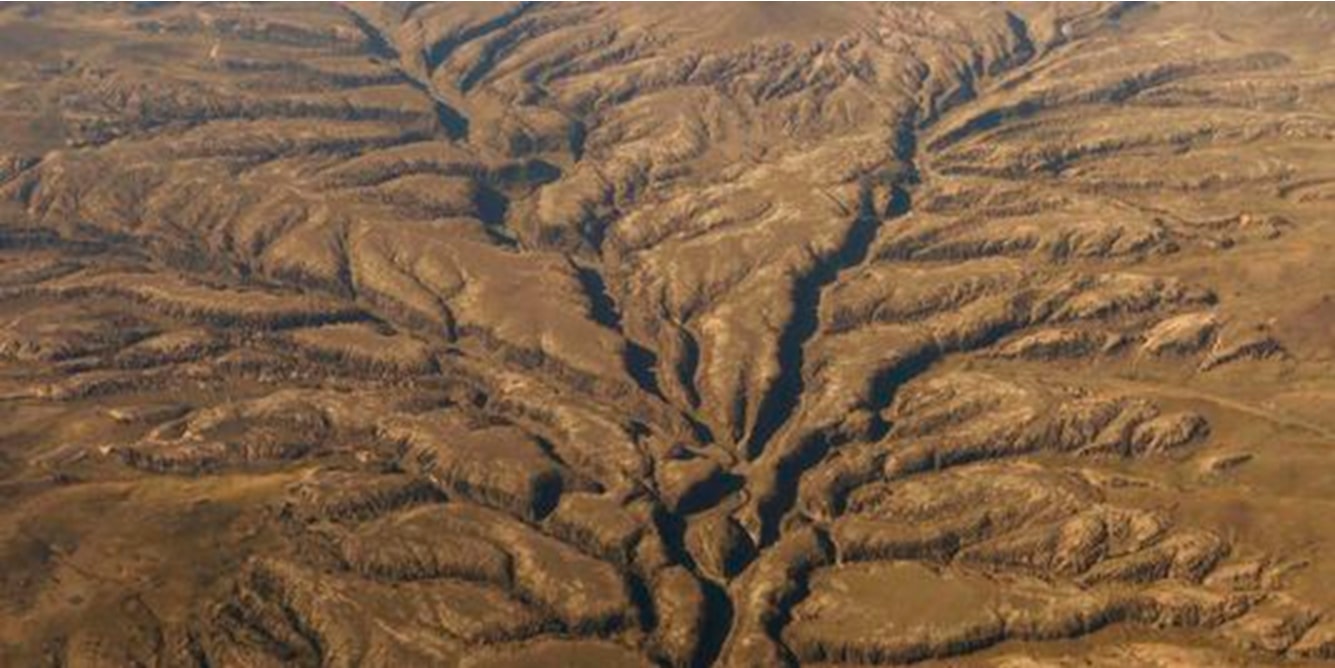7 Latin American countries pledge to restore 20 million hectares of degraded land
(Baonghean) - On the sidelines of the climate change negotiations taking place in Lima, Peru, seven Latin American countries have pledged to restore 20 million hectares of land degraded by over-farming and intensive farming. This figure is equivalent to 10% of the total arable land in Latin America.
(Baonghean) - On the sidelines of the climate change negotiations taking place in Lima, Peru, seven Latin American countries have pledged to restore 20 million hectares of land degraded by over-farming and intensive farming. This figure is equivalent to 10% of the total arable land in Latin America.
Seven countries including Chile, Colombia, Costa Rica, Ecuador, Guatemala, Mexico and Peru signed an agreement that supports policies on reforestation and restoration of degraded land. However, Brazil – the region’s largest agricultural country – did not participate in this agreement.
 |
| A photo of a land degraded by overexploitation by humans. Photo: AP/ Juan Karita |
The agreement is part of the “20x20” initiative, spearheaded by Walter Vergara of the World Resources Institute (WRI). “Latin America will not be able to reduce emissions unless it rapidly addresses the problem of excessive land use,” Vergara explained. The restoration of 20 million hectares of degraded land must begin by 2020.
In Ecuador, a country where nature protection is enshrined in the constitution, a program called “Socio Bosque” has been put into practice to support smallholders, forest protectors or to improve soil conditions. In Guatemala, the government has used financial incentives to increase income and ensure security for farmers.
All the global development policies to combat deforestation are under the framework of the REDD (Reducing Emissions from Deforestation and Forest Degradation) Program, which was adopted at the Climate Conference held in Warsaw, Poland last December. With REDD, countries will receive subsidies if they manage their forest cover well.
However, most countries often underestimate the issue of forest protection compared to the development of agriculture, mining and forestry. Therefore, Walter Vergara hopes: “The 20x20 initiative will be the first step to restore degraded areas and move towards zero deforestation. It is important that countries realize what they gain by doing so. And we will be there to remind countries to fulfill their commitments.”
The program will be supported by the International Union for Conservation of Nature (IUCN) and major research organizations such as the International Center for Tropical Agriculture (CIAT). “This is a long-term program. It may take five, ten or even fifteen years to restore ecosystems. We have to help governments make the right choices in convincing people that their income depends on protecting the environment around them,” explains Elcio Guimaraes, CIAT’s research director. The three types of projects that will be prioritized are: reforestation with local trees; agroforestry; and the reintroduction of more sustainable farming methods.
Restoring ecosystems is not only time-consuming, but also very expensive. Currently, five investment funds specializing in developing sustainable agriculture and forestry projects have contributed $365 million to the 20x20 Program. However, the actual amount needed to implement the program is up to billions of dollars. Meanwhile, Clement Chenost, manager of the Moringa Foundation, said that it is important to have government support for the 20x20 Project.
Chu Thanh(According to LeMonde December 8)






